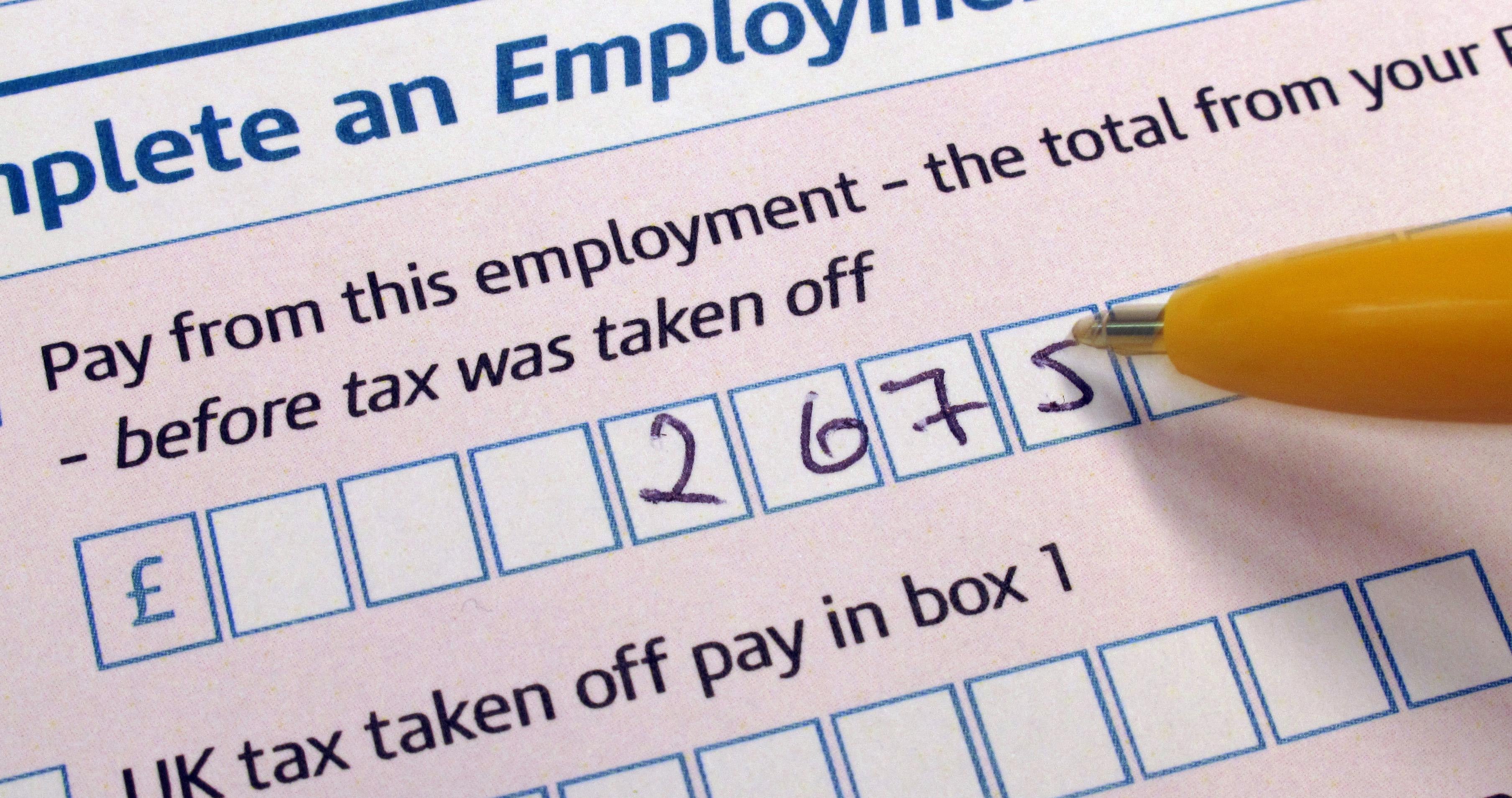What is ‘ghost dom’ status?
This controversial subset of the non-dom tax loophole allows people to avoid submitting a tax return to HMRC altogether

Your support helps us to tell the story
From reproductive rights to climate change to Big Tech, The Independent is on the ground when the story is developing. Whether it's investigating the financials of Elon Musk's pro-Trump PAC or producing our latest documentary, 'The A Word', which shines a light on the American women fighting for reproductive rights, we know how important it is to parse out the facts from the messaging.
At such a critical moment in US history, we need reporters on the ground. Your donation allows us to keep sending journalists to speak to both sides of the story.
The Independent is trusted by Americans across the entire political spectrum. And unlike many other quality news outlets, we choose not to lock Americans out of our reporting and analysis with paywalls. We believe quality journalism should be available to everyone, paid for by those who can afford it.
Your support makes all the difference.Loopholes in the UK tax system can make it harder for authorities to build a full picture of an individual’s worldwide assets and income.
These include so-called ‘ghost-dom’ and a broader use of non-domicile status.
The latter, non-dom status, gained fresh attention when The Independent revealed last month that the chancellor’s wife, Akshata Murty, had used the entirely legitimate status to save millions of pounds on her tax bill. She said subsequently that she would stop using this status for her tax returns.
Being a non-dom for remittance purposes allows individuals not to pay UK tax on their worldwide income - provided they keep it overseas. This means that if they file a UK tax return, and select an option to use non-dom status, they also avoid offering details of their worldwide income and assets to HMRC.
Using non-dom status is optional, and has to be deliberately claimed as an exemption on foreign income over £2000. The UK government’s guidance suggests a person’s domicile is usually the country where their father considered his permanent home when they were born. This can change if the person moved abroad and does not intend to return.
This option is available to those who have lived in the UK for a certain number of years; the annual fee is £30,000 for residents who have lived in the UK for at least seven out of the last nine tax years and £60,000 for 12 out of the last 14.
If a person has been resident in the UK for 15 out of the past 20 years, they must they pay UK tax on their worldwide income.
There’s another subset of non-dom status, which uses section 809E of the 2008 Finance Act. This is known by some figures in the finance industry and in law enforcement as ‘ghost dom’ status, as this allows individuals, even if they live in the UK 365 days a year, not to file a tax return to HMRC altogether.
It can only be used if a person claims that they do not have any taxable UK income. While tax experts have said some very wealthy, but perfectly law-abiding individuals use it, there are also concerns over the secrecy it provides some figures.
This is because being a ‘ghost dom’ allows individuals to avoid interaction with British tax authorities, when such paper trails are often a key starting point for investigators. The loophole therefore makes it harder to work out where a person gets their money from and can slow down the sanctions process, according to officials.
Those same officials and tax advisors also claim ‘ghost doms’ have included super rich figures with criminal connections and individuals with links to the Russian regime and oligarchs.
Join our commenting forum
Join thought-provoking conversations, follow other Independent readers and see their replies
Comments